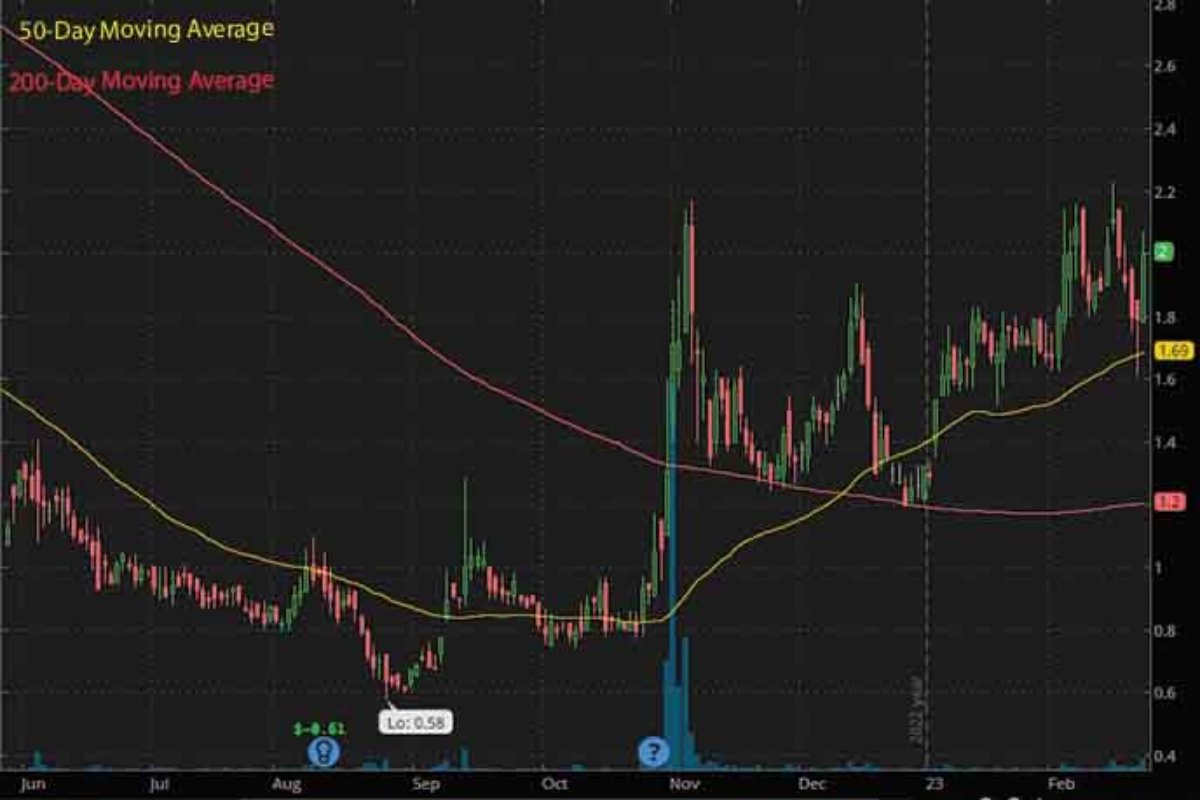In the ever-evolving landscape of technology and innovation, VC7774 has emerged as a pivotal anchor in various fields. From advancements in electronics to its applications in cutting-edge research, VC7774 is transforming industries and driving progress. This comprehensive guide delves into the many facets of VC7774, exploring its significance, applications, and future potential.
Understanding VC7774
What is VC7774?
VC7774 is a term that has been gaining traction across multiple sectors, particularly in the realms of electronics, data science, and material engineering. While the specific definition may vary depending on the context, VC7774 generally refers to a highly versatile component or technology that offers enhanced performance and reliability.
You might also like: Exploring the Features of nanapaint 1.0
The Origin and Development of VC7774
The development of VC7774 is rooted in intensive research and development efforts aimed at creating a more efficient and robust technology. Its origins can be traced back to the early 2010s, when researchers sought to overcome limitations posed by existing technologies. Through continuous innovation and refinement, VC7774 has evolved into a critical element that supports a wide range of applications.
Key Applications of VC7774
VC7774 in Electronics
One of the most prominent applications of VC7774 is in the field of electronics. It is used in the manufacture of various electronic components, including semiconductors, capacitors, and transistors. The unique properties of VC7774, such as its high conductivity and thermal stability, make it an ideal material for these applications.
Enhancing Semiconductor Performance
In the semiconductor industry, VC7774 plays a crucial role in enhancing the performance of integrated circuits. Its ability to handle high levels of electrical stress and maintain stability under varying temperatures ensures that semiconductors made with VC7774 are more reliable and efficient.
Revolutionizing Consumer Electronics
The incorporation of VC7774 in consumer electronics has led to significant improvements in the durability and performance of devices such as smartphones, laptops, and wearable technology. These advancements have not only enhanced user experience but also extended the lifespan of these gadgets.
VC7774 in Data Science and Computing
The applications of VC7774 extend beyond hardware to the realms of data science and computing. It is instrumental in the development of advanced algorithms and data processing techniques.
Accelerating Machine Learning
VC7774 has been leveraged to accelerate machine learning processes, enabling faster data processing and more accurate predictive modeling. Its integration into computational frameworks has significantly reduced the time required to train complex algorithms.
Optimizing Big Data Analytics
In the era of big data, the ability to process vast amounts of information quickly and accurately is paramount. VC7774’s role in optimizing data analytics platforms has empowered businesses to derive actionable insights from their data, driving better decision-making and operational efficiency.
VC7774 in Material Science
Material science is another field where VC7774 has made a notable impact. Its unique chemical and physical properties have paved the way for the development of new materials with enhanced performance characteristics.
Creating High-Performance Alloys
VC7774 is a key ingredient in the creation of high-performance alloys used in aerospace, automotive, and industrial applications. These alloys exhibit superior strength, corrosion resistance, and thermal stability, making them ideal for demanding environments.
Innovations in Nanotechnology
The advent of nanotechnology has opened up new possibilities for VC7774. Researchers are exploring its potential in creating nanoscale materials and devices that could revolutionize sectors like medicine, electronics, and energy.
The Future of VC7774
Emerging Trends and Innovations
The future of VC7774 is promising, with ongoing research and development efforts aimed at unlocking its full potential. Emerging trends include its application in renewable energy technologies, such as solar cells and energy storage systems.
Advancements in Renewable Energy
VC7774 is poised to play a significant role in the advancement of renewable energy technologies. Its properties make it suitable for use in high-efficiency solar cells, potentially increasing the adoption of solar energy worldwide. Additionally, its application in energy storage systems could lead to more efficient and reliable solutions for storing renewable energy.
Challenges and Opportunities
Despite its many advantages, the widespread adoption of VC7774 is not without challenges. Addressing these challenges will be crucial for maximizing its potential and ensuring its sustainable use.
Overcoming Production Hurdles
One of the primary challenges associated with VC7774 is the complexity of its production process. Developing cost-effective and scalable manufacturing techniques will be essential for meeting the growing demand for VC7774-based technologies.
Ensuring Environmental Sustainability
As with any technological advancement, it is important to consider the environmental impact of VC7774. Research into sustainable production methods and the development of recycling processes will be vital for minimizing the ecological footprint of VC7774.
Conclusion
VC7774 represents a significant breakthrough in technology, with far-reaching applications in electronics, data science, and material science. Its unique properties have enabled advancements across multiple sectors, enhancing performance, reliability, and efficiency. As research and development efforts continue to uncover new possibilities, VC7774 is set to play an increasingly important role in shaping the future of technology.















